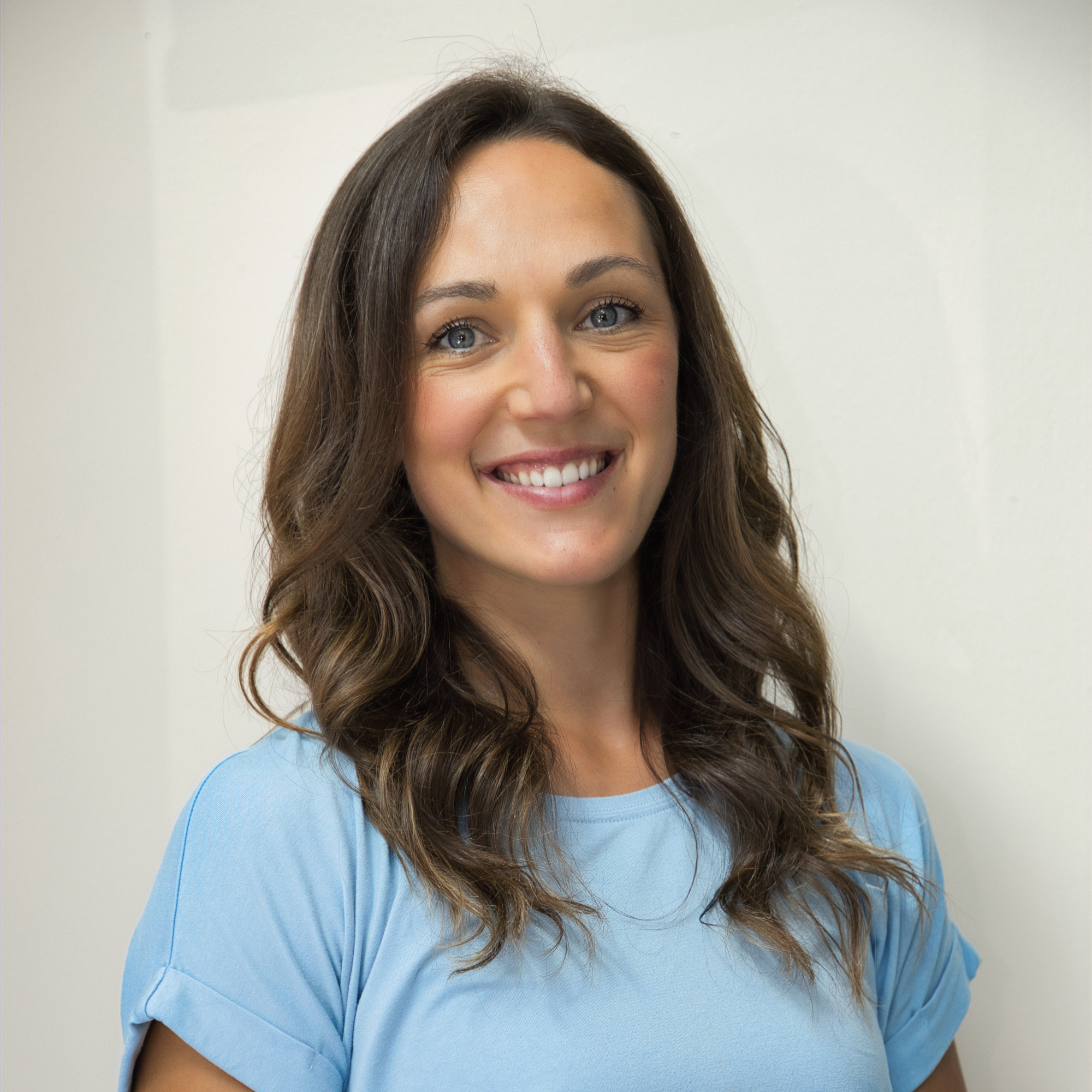The Athletes' Guide to a Concussion: Part 2
- Sasha Guay

- Oct 1, 2025
- 2 min read
Updated: Oct 8, 2025
Welcome back to our Concussion Guide series! In this next section, we’re focusing on concussion prevention -- not only how to reduce the chances of a concussion occurring in the first place, but also how to prevent symptoms from getting worse and what factors can influence your recovery timeline.
See the video below to learn about concussion prevention and make sure you're taking the right steps to protect your health and sport performance!
Primary Prevention: Prevent it from happening in the first place
Player skill, game awareness
In hockey, practice puck control with heads up
Player positioning to avoid high-risk plays/passes
Practice reaction time
Fatigue, fitness level
Concussions are more likely to occur when players are fatigued
Less reactive and lazier playing style increases risk
Solution: Fitness and endurance training
Proper equipment
Rules/environment
A players body size doesn't reduce their risk of concussion, so practice responsible body contact
Secondary Prevention: Prevent worsening of injury
Educate players, coaches, sideline personnel
Hockey culture and "tough guy/girl" mentality make it less likely for players to report their concussion
The best people to detect someone's concussion and change in behavior are often their teammates!
Foster a supportive culture
Baseline testing
Detection tools
Clinical management (physiotherapy!)
Decreased repeat injury risk with increased time taken to return to play
Tertiary Prevention: Reduce symptoms and improve outcomes
Clinical management (physiotherapy!)
Most important factor for recovery for concussion is how quickly they are assessed by a trained healthcare professional
Number of days between concussion and evaluation correlates with recovery times: Athletes seen in 1 week = recovery 20 days sooner than athletes seen 2-3 weeks post-injury
Factors Impacting Recovery
Current research states recovery is longer with:
Repeat concussions, especially when closer together
Children and adolescents
Females
Pre-existing depression and anxiety
Lack of education following injury
Higher initial symptom score
Poor coping strategies
Debunking Myths About Factors Impacting Recovery
Things that do NOT influence recovery time:
Vomiting at time of injury
Loss of consciousness at time of injury
Amnesia (forgetting events before or after) at time of injury
Concussions are complex injuries, but with the right awareness and timely care, athletes can significantly reduce their risk and improve their recovery. Prevention starts with smart and responsible play, but it doesn’t end there. Early assessment and management by a physiotherapist can make the difference between a short recovery and long-lasting symptoms.
If you believe you may have suffered a concussion, don’t wait—book an appointment today!
Stay tuned for the final part of our Concussion Guide next week!



Comments